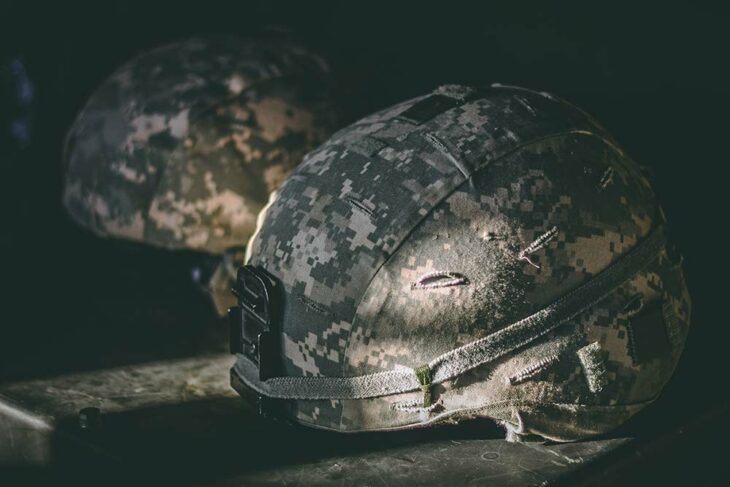The Veterans Administration uses the term military sexual trauma to refer to experiences of sexual assault or harassment experienced during military service, including any sexual activity that someone is involved in against his or her will. It can be tough to understand that military sexual trauma is an experience, not a diagnosis or mental health condition. The effects of MST are what create mental and physical health problems.
National data from the VA’s national screening program reveal that about one in three women and one in 50 men reported experiencing military sexual trauma. A vast majority of survivors do not disclose their experiences unless directly asked. Such strong emotions arise in connection with being sexually assaulted that most people, whether military members or civilians, won’t voluntarily admit to being victimized.
The trauma associated with the experience of being assaulted can produce a variety of responses. Although men and women’s reactions to MST are similar in some ways, they may struggle with different issues based on their MST experiences.
People often are extraordinarily resilient after experiencing trauma. However, for some, the experience of MST may continue to negatively affect their mental and physical health significantly for many years.
- MST-related difficulties may include:
- Disturbing memories, nightmares and sleep troubles
- Relationship issues and an inability to connect or feel safe
- Depression and numbness
- Substance abuse as an escape mechanism
- Attention, concentration and memory issues
- Feelings of isolation
- Strong emotions
- Self-doubt, self-blame, and decreased self-esteem
- Physical health problems
A common, co-occurring condition associated with MST is post-traumatic stress disorder. PTSD develops in some people who have experienced shocking, scary or dangerous events. People suffering from PTSD may feel stressed or frightened, even when they are not presently in danger.
PTSD symptoms usually develop within three months of a traumatic event and sometimes can emerge later. Not everyone who has experienced a traumatic event develops PTSD. Certain factors can reduce the likelihood of developing the condition, such as seeking out support from friends, family, or a professional, learning to feel okay with one’s actions in response to a traumatic event and having a coping strategy in place.
Although PTSD is commonly associated with MST, it is not the only diagnosis that can arise. According to medical record data among users of VA healthcare, in addition to PTSD, the diagnoses mostly associated with MST are depression, anxiety and other related mood disorders and substance abuse disorders.
Research shows that support from family and friends can be a very important part of recovery. If you know someone who may be experiencing MST or resulting PTSD, the most important ways to give help and support are ensuring that person is getting the right treatment, encouraging him or her to follow the designated treatment plan and offering support and patience.
And remember, MST can be a part of your history, but it does not have to define you. Healing is possible. Although it may be difficult at first, many veterans who seek help and share their experiences often feel a sense of relief by unburdening their trauma.
The VA provides all treatment related to MST experiences free of charge. MST-related counseling is available through community-based veteran centers. A list of VA and veteran center facilities is available at www.va.gov.
Jean Pacher is the owner and operator of Gulf Coast Psychotherapy and has been proudly serving the Gulf Coast since 1998. Gulf Coast Psychotherapy can be reached at (228) 388-2900 or gulfcoastpsychotherapy@gmail.com


